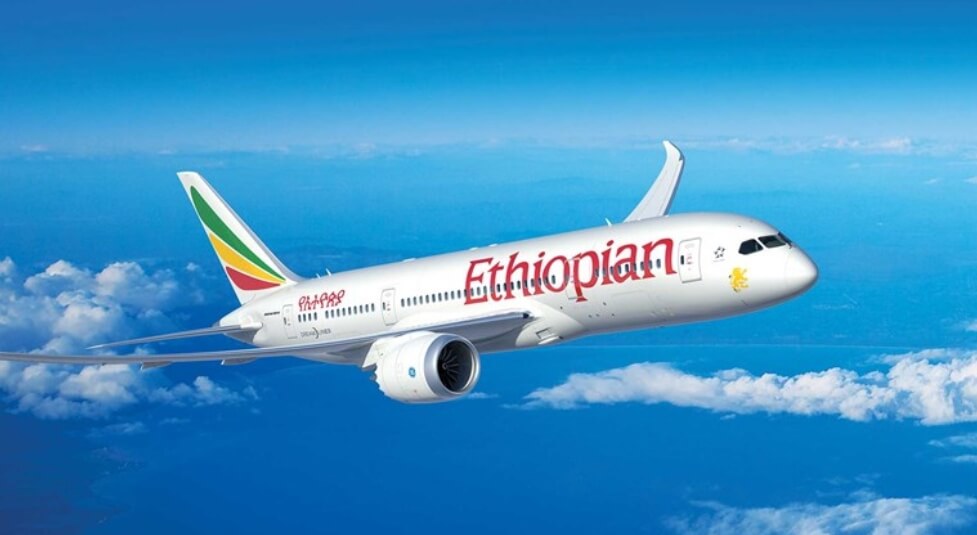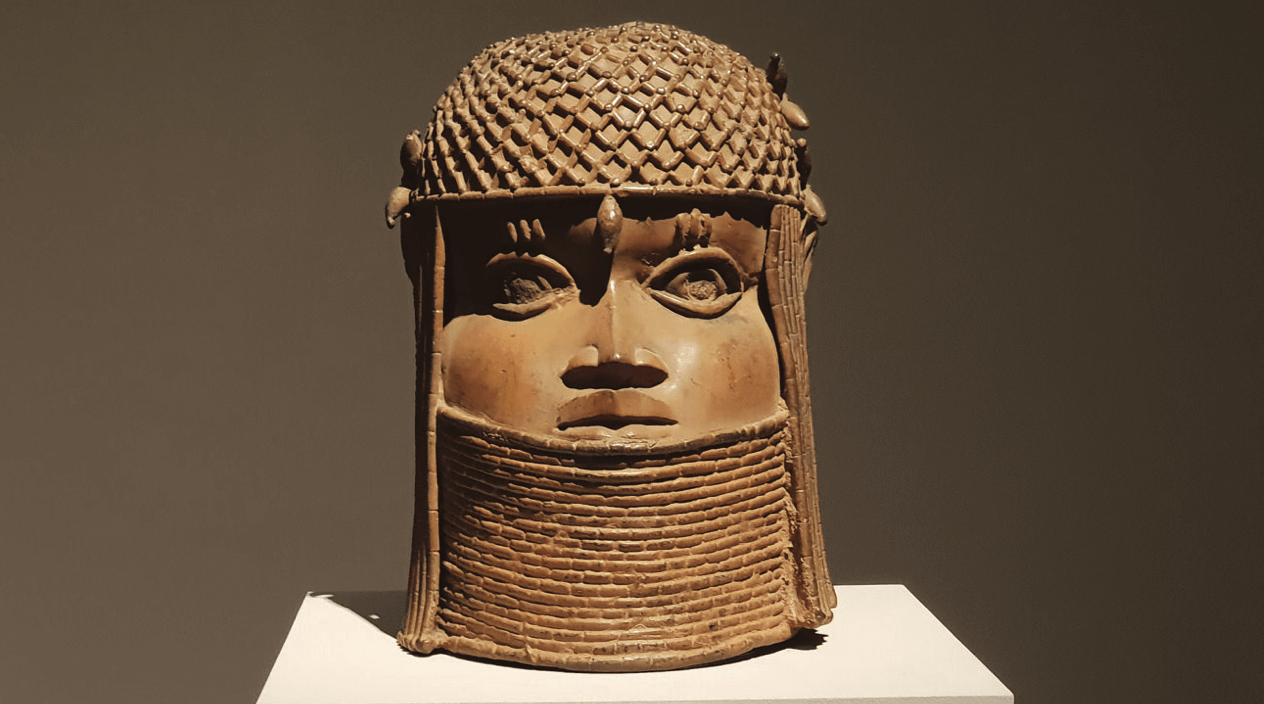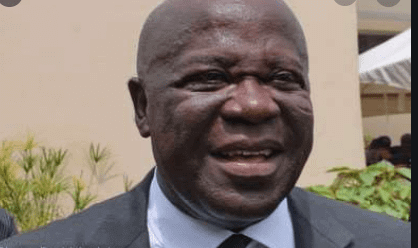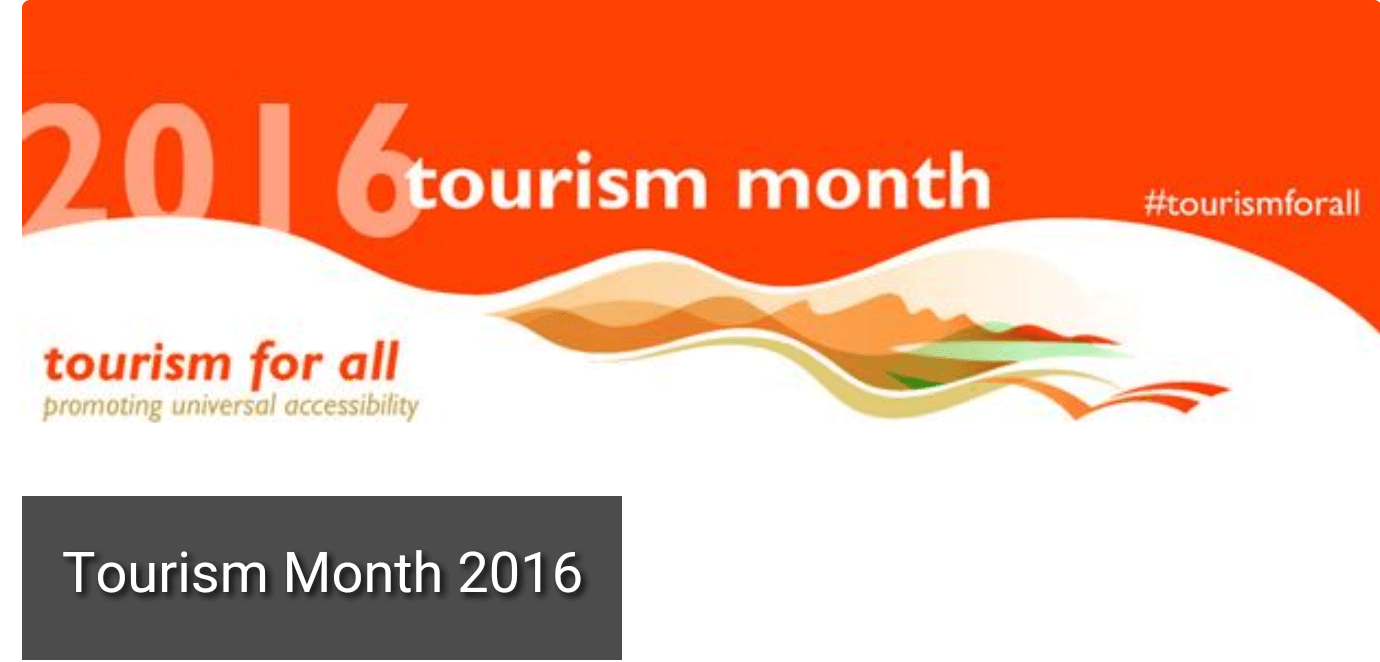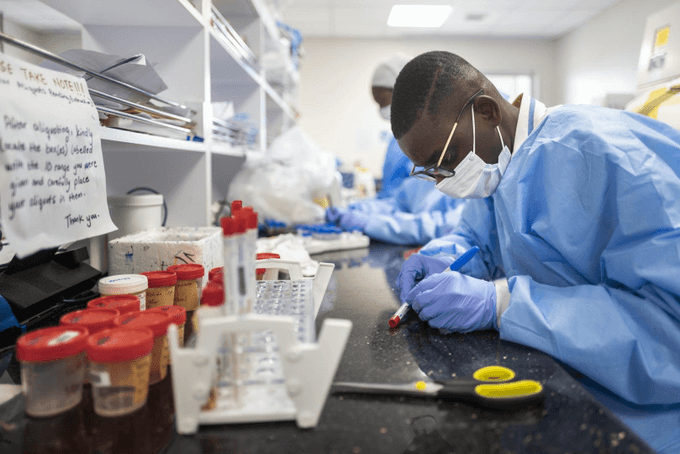
SEATTLE, Washington — Researchers and developers around the world are focused on finding ways to tackle the local and global challenges presented by COVID-19. Four countries are leading Africa through COVID-19 with innovative strategies and presenting tactics that can be employed globally to ensure health and safety for all.
- Morocco: Through a collaboration between USAID and Morocco’s Ministry of Education, Morocco is leading the way in distance learning for African students. With an emphasis on digitalizing learning courses, the country has quickly transformed its classroom design in the wake of COVID-19. The government has created online archives with education lessons and materials for parents and students, is sending paper lessons to students and families in rural areas, as well as delivering instruction over television and radio broadcasts. Since their new learning program has launched, over 1 million students across Morocco have engaged in distance learning, continuing to receive their education amid this virus.
Read also — COVID-19: AU to raise $1m to support member states
- Kenya: With a growing need for basic medical supplies, Kenya has transformed its production industry. As the world continues to face a supply shortage, masks are expensive imports, As a result, Kenya has shifted to domestic production. Kitui County, one of Kenya’s poorest areas, is now using its factories to produce about 30,000 masks daily and dispersing them to hospitals across Kenya. This emphasis on domestic manufacturing is not only producing valuable supplies during the current health crisis but also stimulating local economies. Relying less on imports from abroad, Kenya is modeling ways in which domestic and local manufacturing can play an important role in addressing needs related to COVID-19.
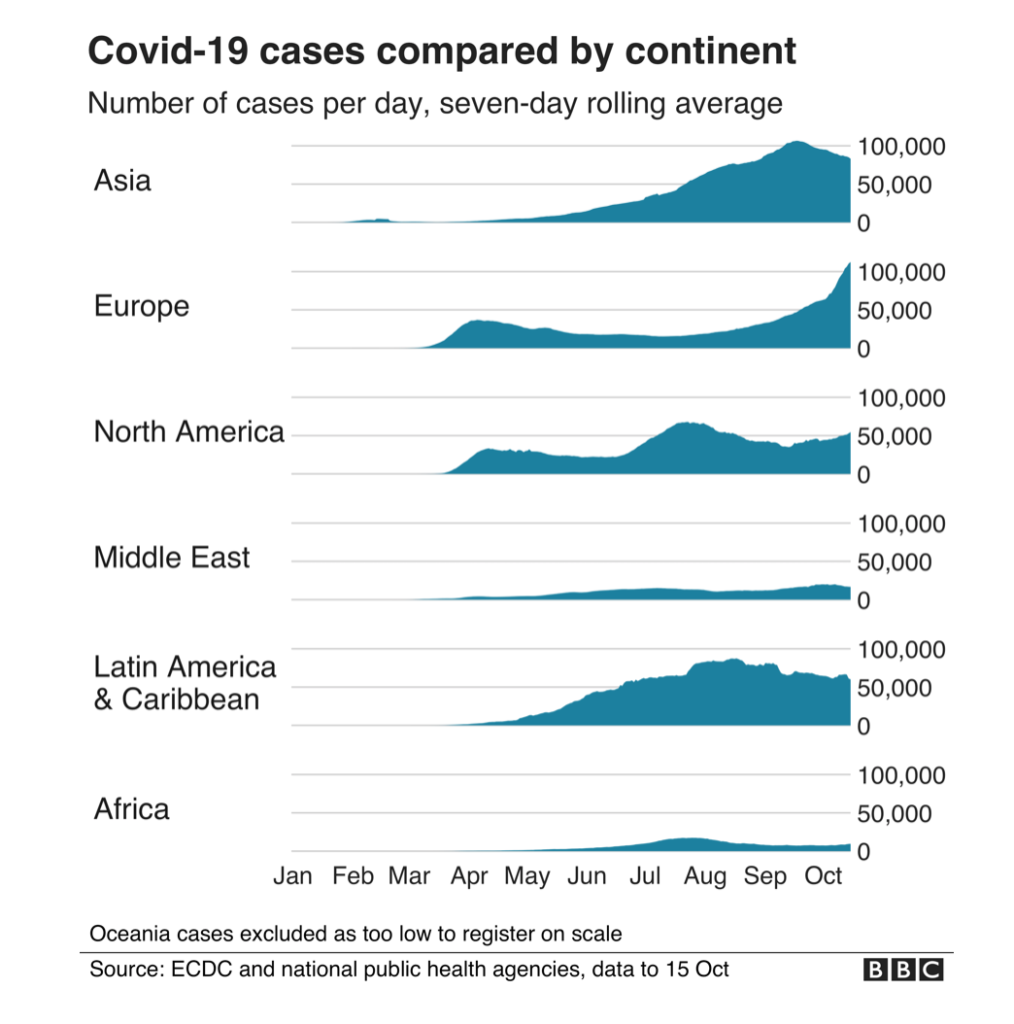
- Senegal: Looking at the newest technology to alleviate overrun hospitals, engineering students in Senegal are working on the development of medical robots. These machines are capable of measuring blood pressure and taking body temperature. This limits the exposure of an already dwindled hospital staff to infected patients. Additionally, the robots are connected to an application and equipped with a camera. This allows doctors to correspond with patients from a safe distance. Not only does this use of technology ensure the health of Senegalese staff through decreased patient interaction, but it reduces the use of expensive and limited medical supplies. As the number of positive cases continues to rise, Senegal is seeking to further integrate these robots into their hospitals. The country is leading Africa through COVID-19 with the help of medical technology.
- Ghana: With some of the highest numbers of COVID-19 cases in Africa, Ghana is adapting efficient, low-cost testing methods. Incas Diagnostics, a pharmaceutical company based in Ghana, has developed an antibody test that uses a prick of blood to screen for COVID-19. While other countries are using similar methods, Ghana is focused on developing these kits internally rather than importing them. This has allowed the country to cut the cost of testing in half. These low-cost tests could also be paired with Incas Diagnostics mapping application. The application highlights high-risk areas of the country where little testing has been done. With the ability to produce nearly 50,000 test kits every week, Ghana is looking to streamline its national production of supplies and, effectively, better control the virus.
Through their recognition of global problems and their willingness to adapt, these four countries are leading Africa through the pandemic. These strategies serve as models for not only the rest of Africa but for global communities seeking to address obstacles COVID-19 has created.
Written by Karli Stone
Oral Ofori is Founder and Publisher at www.TheAfricanDream.net, a digital storyteller and producer, and also an information and research consultant.

